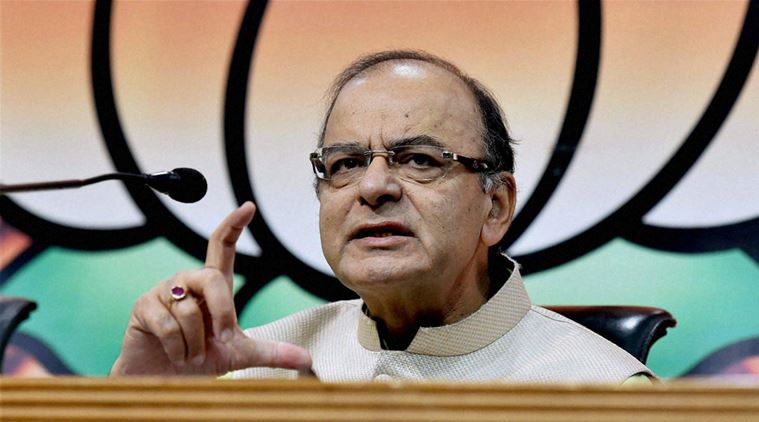By Siddharth Singh
- India is at a position where the world is looking at it as a major economic power and all the ingredients are available to convert our nation into one quickly. Our prime minister has a sincere and result-oriented approach, which is clubbed with his resourceful Cabinet, which laid the foundation stone of clearance of the reformative GST Bill. The GST Bill was first mooted in 2000 under the NDA government and the GST framework has been under development since then. Significant efforts have been made during the last two years under the dynamic leadership of Prime Minister Narendra Modi who made the passage of the Bill a collective responsibility and achievement of every Member of Parliament. This is the best gift for a nation as we celebrate our Independence Day. India is known for its unity in diversity where people with diverse cultural backgrounds co-exist in harmony. From financial and growth perspective it may be derived that India has united once again to emerge as a single market with the passage of GST Bill. The complex web of tax structure may be eradicated and India will rise further in the Ease of Doing Business Index. The complex and cumbersome tax system, which has pushed entrepreneurs to limits in order to abide by all the laws laid by authorities at central and state levels, will be history soon. GST framework will make the entire country of 1.3 billion consumers a single market.
GST has been hailed as one of the biggest and boldest reforms in post-Independence India. The power to make laws in respect of supplies in the course of inter-State trade or commerce will be vested only in the Union government. States will have the right to levy GST on intra-State transactions including on services.Centre will levy IGST on inter-State supply of goods and services. Import of goods will be subject to basic customs duty and IGST.
GST defined as any tax on supply of goods and services other than on alcohol for human consumption. Central taxes like, Central Excise duty, Additional Excise duty, Service tax, Additional Custom duty and Special Additional duty and State level taxes like, VAT or sales tax, Central Sales tax, Entertainment tax, Entry tax, Purchase tax, Luxury tax and Octroi will subsume in GST.
Petroleum and petroleum products i.e.crude, high speed diesel, motor spirit, aviation turbine fuel and natural gas shall be subject to the GST on a date to be notified by the GST Council.
Entertainment tax, imposed by states on movie, theatre, etc will be subsumed in GST, but taxes on entertainment at panchayat, municipality or district level to continue.
GST may be levied on the sale of newspapers and advertisements and this would give the government’s access to substantial incremental revenues.
Stamp duties, typically imposed on legal agreements by the state, will continue to be levied by the states.
Administration of GST will be the responsibility of the GST Council, which will be the apex policy making body for GST. Members of GST Council comprised the Central and state ministers in charge of the finance portfolio.
So the initiatives have the potential to make India unified and a top economic power.
(Siddharth Singh is Research Scholar at Jawaharlal Nehru University, New Delhi)
(The views expressed are the author's own and do not necessarily reflect the position of the organisation)

